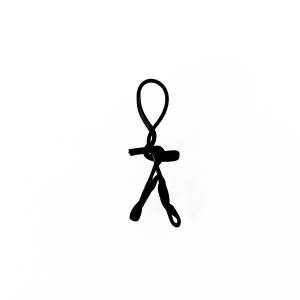August challenge; thoughtful. The Alteration
Book review; The Alteration, Kingsley Amis
health warning; the photograph is a clue …
This is a tricky book to recommend; you have to like Kingsley Amis and you have to like (or at least tolerate) ‘alternative histories’.
I loved Lucky Jim; it’s been called the greatest comic novel in the English language. It made me laugh out loud when I first read it years ago and it still makes me laugh now. I’m not so sure about some of his other works. Several critics accused his later books of being ‘old fashioned and misogynistic’. The Alteration though, is quite different.
Alternative histories are not everyone’s cup of tea. To me they are darjeeling, lap sang su shong and red bush all rolled into one.
I love history; in my own personal alternative history I am a historian. Not the bow-tied, corduroy-jacketed, fusty type - more Michael Wood/Indiana Jones, with a cool leather jacket and fluent in Old Norse. But enough of that. I find it quite easy, when confronted by some great historical event, to think; ’what if?’ As opposed to 'so what?'
The first known reference to what if? occurs in Livy’s History of Rome written in the 1st Century AD. Livy ponders on what would have happened to Rome if Alexander the Great had decided to expand his empire East instead of West. He concludes that Rome would have stopped him. Well, he would say that wouldn’t he?
The Alteration is set in the 1960s. The Reformation did not take place and England is still a Catholic country, with Harold Wilson as the current Pope (you’re either laughing or horrified at this latter point). Science is frowned upon and electricity is banned. Oh - and the Crusades have never really gone away.
There’s one more key piece of information that I need to impart, which some may find upsetting. As I hinted above, the clue is in the photograph.
The novel’s ‘hero’ is 10 year-old Hubert Anvil. Hubert is a chorister with a beautiful voice - so beautiful that the church hierarchy decrees that it cannot be lost; Hubert must undergo The Alteration (castration) in order to prevent it breaking. He will then join a select group of male singers in the Vatican choir. The castrati are the rock-gods of their day; a life of wealth and fame beckons - but also loneliness and sorrow.
Hubert, as you might expect, is not that keen on the idea and the plot revolves around his attempts to avoid this fate. He comes into contact with a number of thinly-disguised characters from the 1960s and the author is perhaps settling old scores by placing them in unfamiliar and unsympathetic roles. Behind the humour and satire lie serious issues - some we would recognise today.
Alternative histories allow a writer a degree of leeway with the status quo - particularly if they wish to be mischievous. Alternative histories can be humorous or horrifying. They can also make us uneasy because they invite us to confront an uncomfortable question - where would we fit in this new world order? If we accept that history is almost always written by the victor, then any counter-view must force us to question that which we take for granted.
Given that most portray a dystopian world, I am, for the most part, glad to be part of the here and now.
Here are a couple of other alternative histories I’ve read and enjoyed;
The man in the high castle (Philip K Dick)
Fatherland (Robert Harris)
In case you’re wondering - it’s a pruning knife. The only sort of alteration I get involved in.

Comments
Sign in or get an account to comment.


